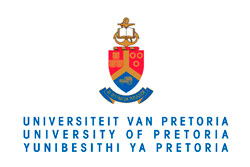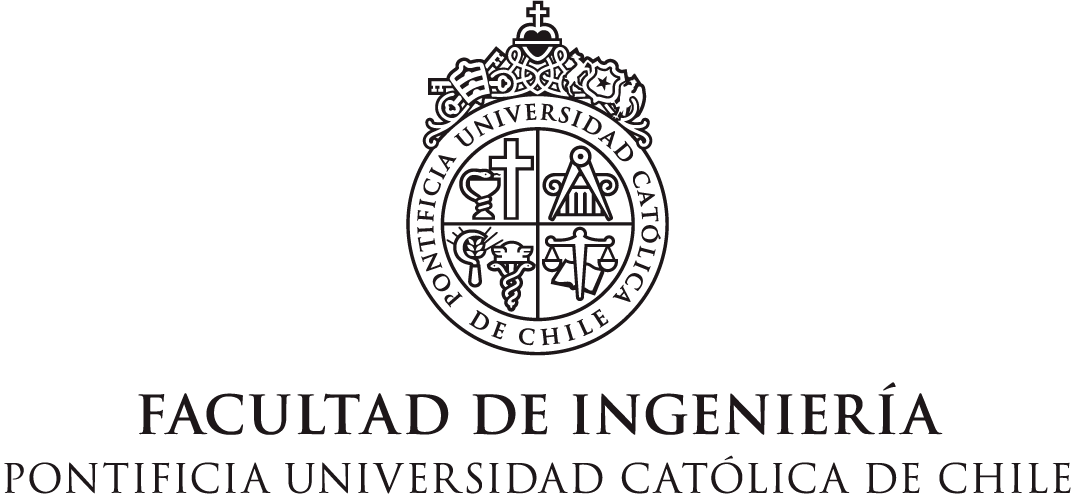This paper addresses the problem of optimal pricing of both cars and buses in a multimodal transport corridor including externalities of congestion, bus crowding and travel time variability. A social welfare maximisation approach is implemented and applied to Sydney, Australia. To characterise travel time variability, a mean-variance model is embedded in the model and a relationship between mean and standard deviation of travel times is empirically estimated. First, we find that as the sensitivity of users to travel time variability increases, the optimal car toll increases approximately linearly, whereas the optimal bus fare remains almost constant, explained by the fact that even though both car and bus users contribute to increased travel time (and bus headway) variability, the contribution of car users is much higher and that is reflected in the socially optimal bimodal pricing structure. Including travel time variability produces substantial increases in toll revenue. Second, if bus headway is variable, the optimal headway is shorter when the users’ valuation of savings in travel time variability is large. This result may not hold when headway is reliable but travel time is not, in which case both optimal bus size and headway are adjusted according to travel time variability and crowding costs.











